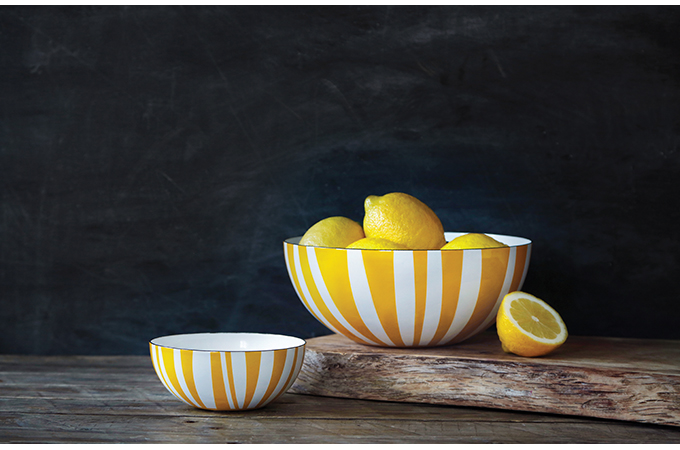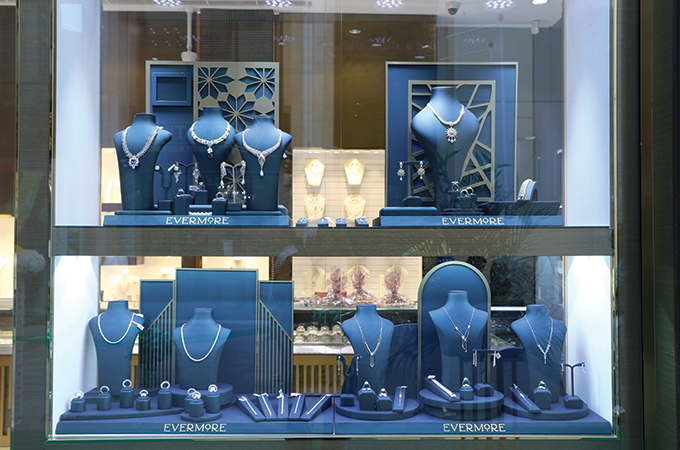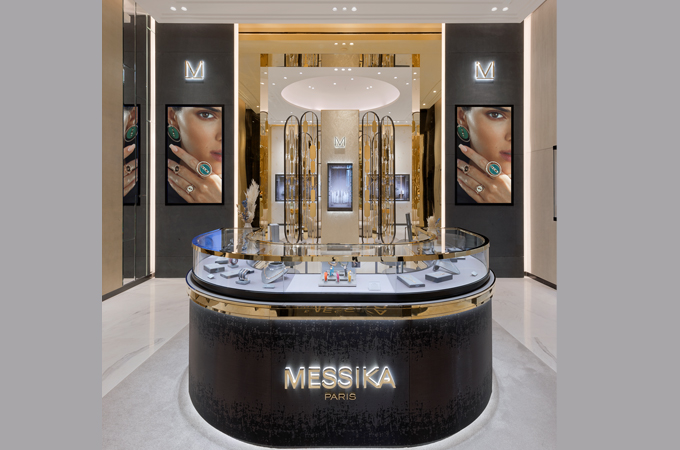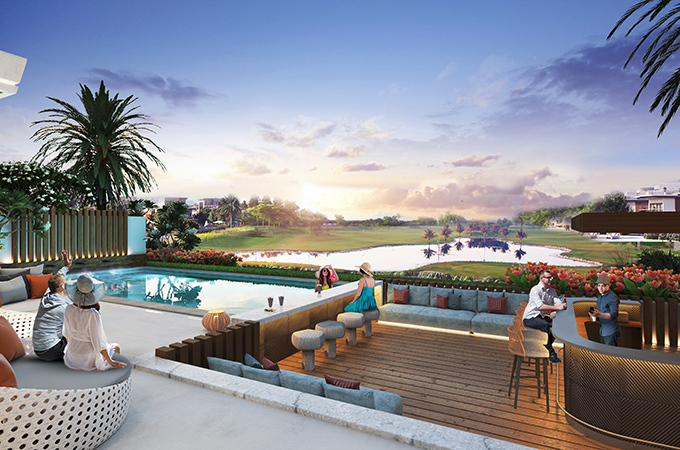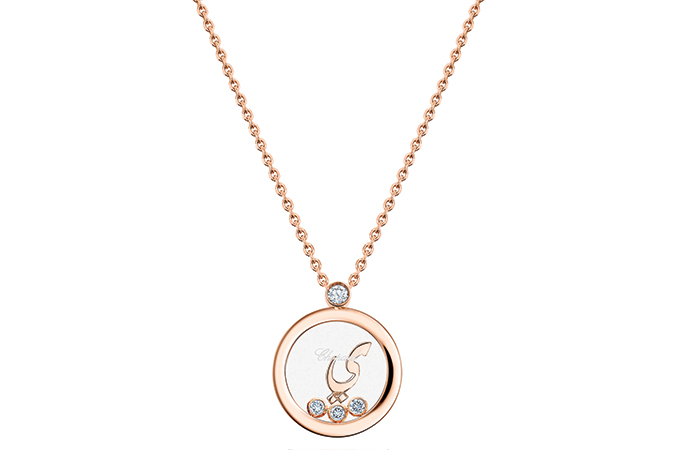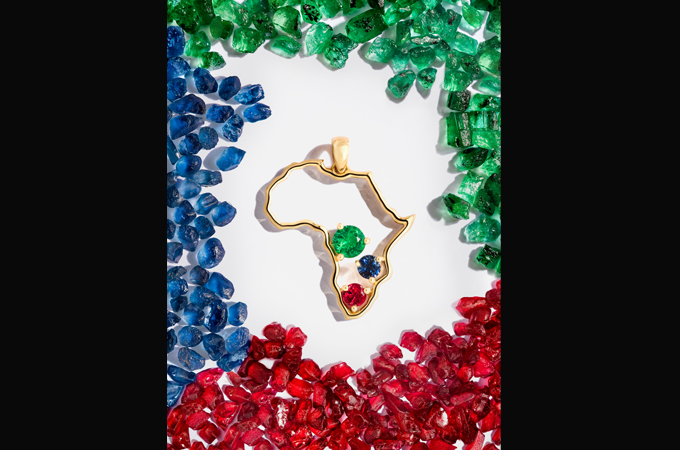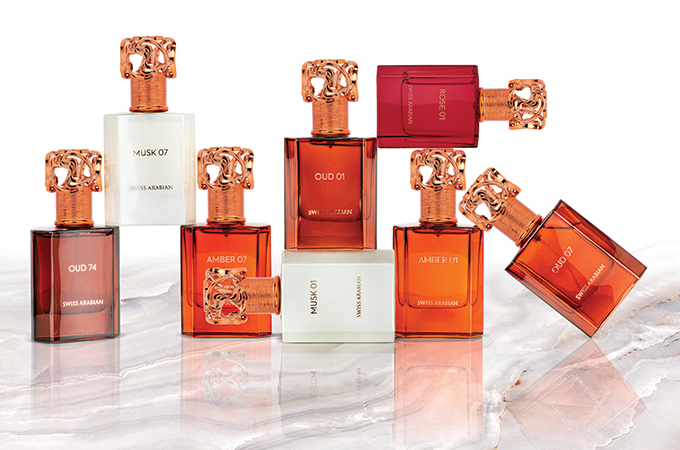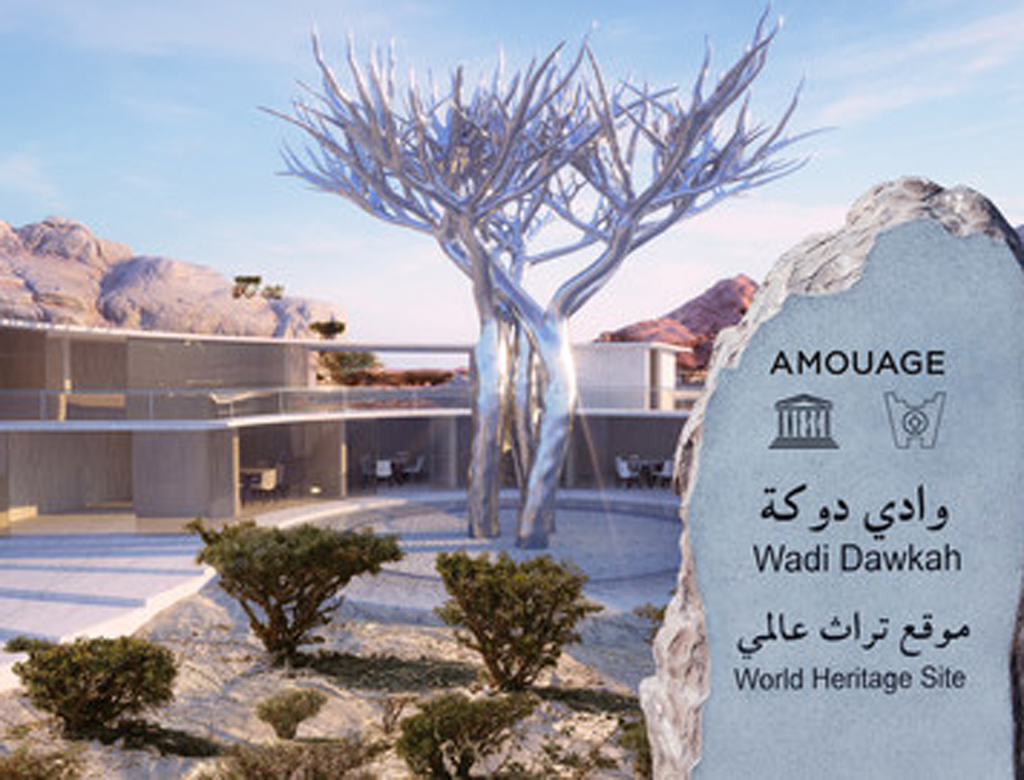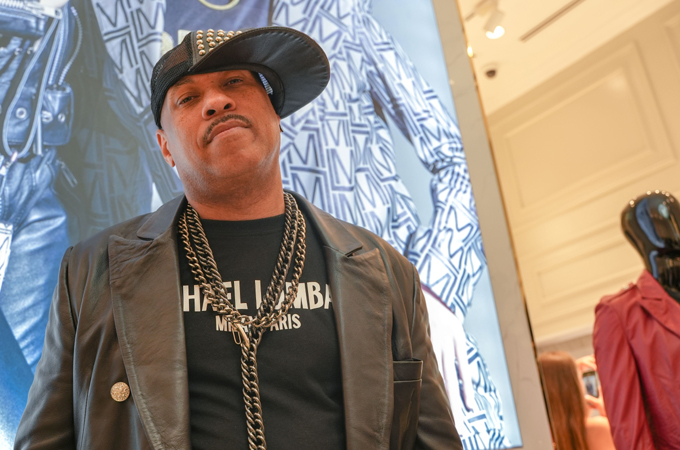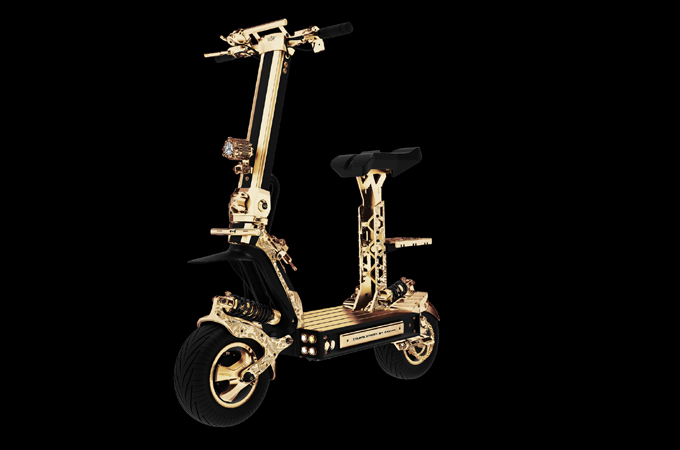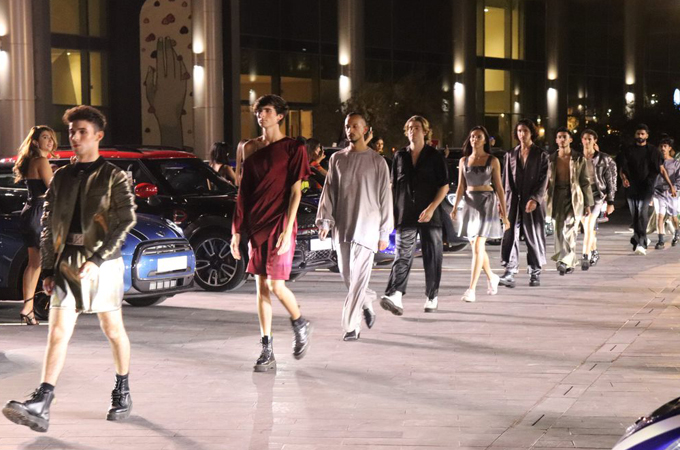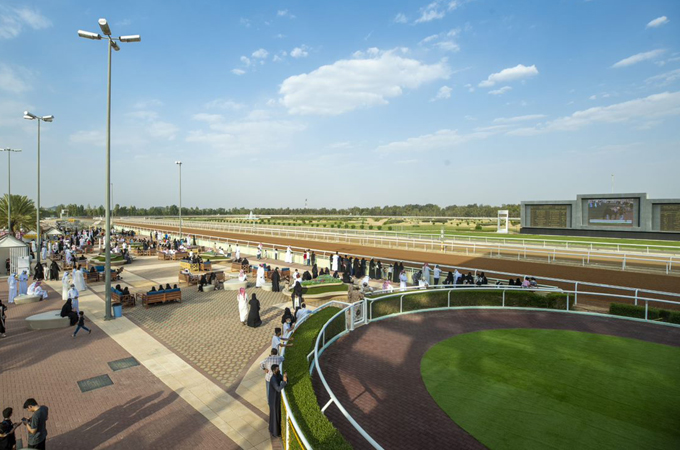Autumn 2018
A new era of the collaboration, where iconic luxury brands are cross pollinating with artists and global stars to create unique collections, is driving the market, says Greig Fowler of AW Rostamani Lifestyle
The $13-billion luxury goods market in the Middle East is set to be radically transformed as younger consumers drive the market and technology threatens to disrupt the market as we know of it.
The Middle East has a median age of 22 years compared to a global average of 28, and millennials (those born between 1981 and 2000) account for a quarter of the region’s population, at a whopping 108 million. This population spends most of their time hooked to smart devices and there is a huge industry chasing the millennials, trying to find out their preferences, likes and dislikes.
Arabian Knight speaks to Greig Fowler, chief executive officer of AW Rostamani Lifestyle and an expert in the luxury sector, to find out more about the trends shaping the industry and the company’s plans for the future.
Success in the luxury segment is now driven by the new era of collaboration, where iconic luxury brands are cross-pollinating with artists, designers and global stars to create unique collections, says Fowler. “Gucci, LV and Off White are prime examples of this, dipping into hybrid models and enticing the millennials to spend. This is magnified in this market especially due to the demand to have the unique. It’s a trend that is gaining momentum rather than slowing down and now looks like being the key ingredient to maintaining market share and growth for the longer term.”
The demand by millennials for new and unique products is also driving the luxury market in a whole new direction, he says. “This is exactly why we (AW Rostamani Lifestyle) launched the American rag concept which is focused around delivering a constant flow of the newest hottest brands from around the globe.”
On the key drivers of growth in the region, Fowler says: “Economic conditions create spending habits. People either trade up to luxury from the bridge brands so that an item carries value for longer, or trade down to the mass level to save cost. Bridge brands are impacted by this. We see strong growth in the kids’ luxury sector as well as in the homewares business where new premium brands like Madeira Negra, who specialise in luxury furniture, are being very well received in the market.”
AW Rostamani Lifestyle is one of the youngest units of the AW Rostamani Group, which began in Dubai in 1954 with a small bookstore, opened by Abdullah and Abdul Wahid Al Rostamani. Since then, founder Abdul Wahid Al Rostamani has steered the group into new markets and successfully expanded it to a portfolio of 14 companies.
AW Rostamani Lifestyle was created in 2012 to capitalise on Dubai’s flourishing retail industry and features brands such as Georg Jensen, Vhernier, Angels, Graffiti, American Rag Cie and Apartment 51.
Speaking on the division’s journey so far, Fowler says: “As with any new start-up, our journey has been action-packed. Our primary focus is building a solid foundation for all our existing brands that allows for a full 360 omni-channel fulfilment model with key flagship locations, a robust e-commerce platform and strong presences across all marketing platforms, but primarily growing our social media presence. As a result, we have opened three flagship brand stores in Dubai Mall this year, while also re-launching and refurbishing our existing Angels concept.”
“For now, the retail focus remains on the UAE,” says the chief executive, “with e-commerce platforms fulfilling the other markets where we have brand exclusivity. We are targeting a market entry into Kuwait soon, followed by Saudi Arabia, which is necessary to maximise market penetration. We will, however, remain true to our strategy of key stores in major cities only and a very strong e-commerce model to service the rest of the market.”
AW Rostamani Lifestyle already operates three brands online with a fourth one to follow soon. The focus is on unifying the fulfilment options and implementing Artificial Intelligence recommendation engines to use customer data to drive sales through better analysis and recommended items.
The growing e-commerce market is reshaping the behaviour of luxury consumers worldwide, it is making customers demand more from retailers. “It affects their thoughts to pricing more than anything,” says Fowler. “With many new platforms shipping to the market and new local platforms, customers no longer need to pay over the odds for their favourite brands. In the past, they would shop en mass while travelling through Europe or the US as local prices were 15 to 20 per cent higher, now they can order many items to their door. Delivery windows improve with every quarter and many brands now ship free of charge; its transforming retail and retailers need to have a 360-fulfilment approach to make sure if they have stock they can get it to their customers no matter where it is or they will walk away.”
There is much to be learned from Asia where some platforms guarantee anywhere in China in three hours, yet it takes two to three days to send to Saudi Arabia from the UAE, laments Fowler.
Technological advances in drones and AI over the coming years will ensure that brands that cannot deliver quickly, accurately and at a competitive price stand to lose market share. “I believe we are at the forefront with the launch of robots and AI across our retail model which will become integrated with our e-comm platforms in Spring. This is an evolution of retail and merging of retail brick and mortar with e-comm which used to be the battlefield. Customers expect to be entertained, given great service and given what they want, AI and robotics is the future of this,” he says.
“Our primary goal, driven by our late founder’s principles of ‘enriching customers’ lives remains at the forefront of each venture, whether it be jewellery, fashion or home. We offer quality, excellent store and digital experiences, competitive pricing and above all exceptional service whilst listening to our customers’ needs. We pride ourselves in finding great brands with strong USPs that offer something different to the market.
“We currently license, distribute, retail, design and produce for a diverse portfolio of fashion, homeware and jewellery brands from our headquarters in Dubai, UAE, servicing the Gulf region. We operate with eight brands –Angels, Graffiti, Georg Jensen, Vhernier, Apartment 51, American Rag Cie, SikSilk and Tom & Teddy – through our own retail stores, department stores, e-commerce platforms and independent retailers.
“Our goal is to have 15 brands operating in five countries, with 50 retail stores and an outstanding digital model servicing the GCC, building on our reputation as the go-to partner for innovative brands and targeting regional omni-channel development,” concludes Fowler.
– By Rashi Sen



